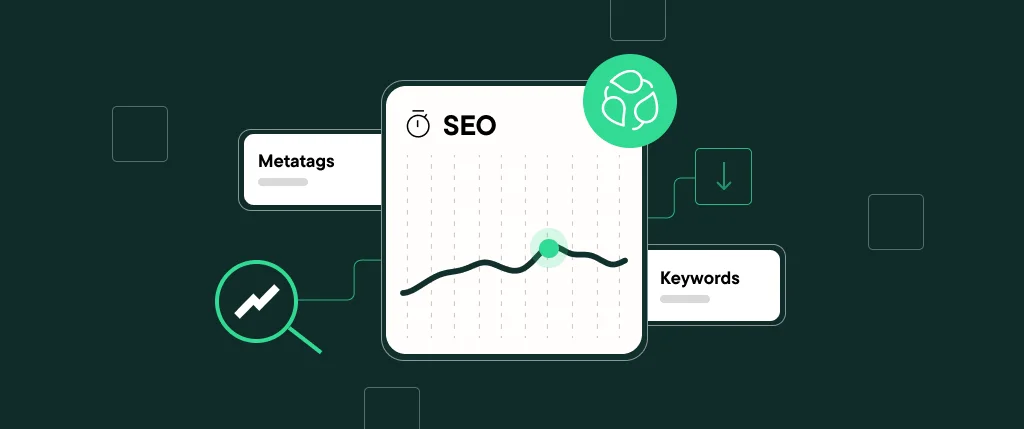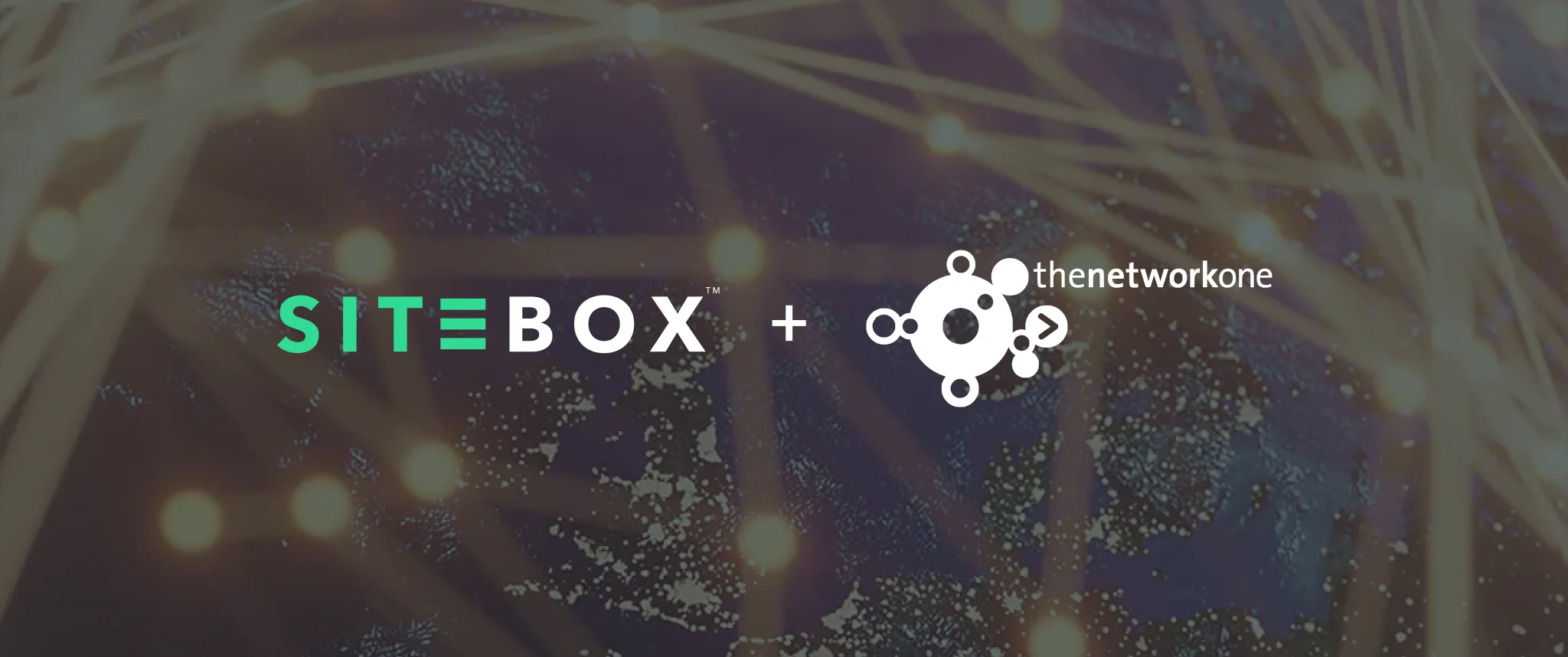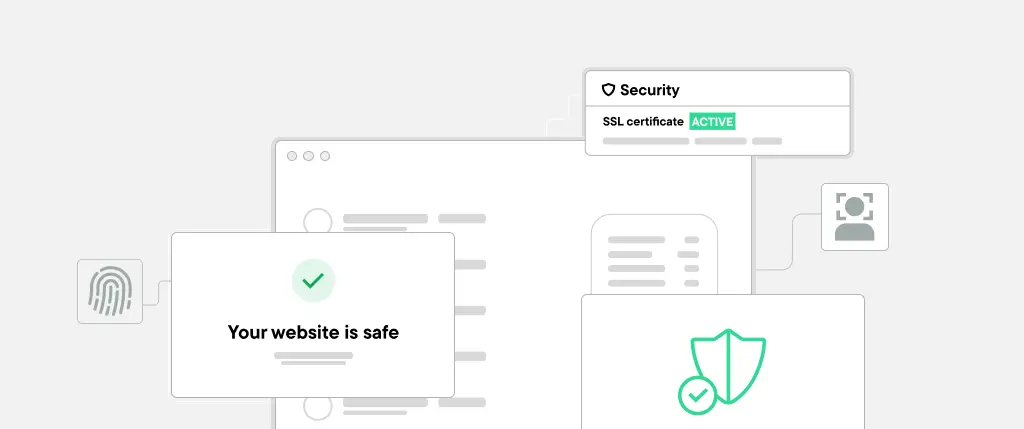When it comes to SEO, agencies find themselves locked into competition.
Marketers are tasked with drawing in potential leads, which means optimising every reachable part of their website to rank highly on popular search engines. After all, more than 53% of web traffic is driven by organic search – users aiming to find the most valuable needles in the digital haystack.
But this hunt for page clicks can have a positive effect on bettering the world. Standing out in a crowded field means making content as useful and engaging as possible to its intended audience. SEO ultimately aims to champion only the best products or services at the tops of search engines; this quality-over-quantity mantra equals lower energy usage and less wasteful webpage visits.
And through more sustainable green hosting, the range of benefits to both end user and agency spell a better future for our planet too.
SEO: better for getting discovered…
Scaling up is part-and-parcel with succeeding in business. Any potential clients are scouring for new opportunities daily on attractive websites, emails and social media pages, and guiding these buyers to their destinations via online platforms are key to growth.
In the mission to climb this ladder, there has been a tendency to think flashy gizmos and animations made a site more attractive to visit. Websites can become bloated this way, and fast. Filled to the brim with old blog posts, media files (some excessively large in size), code, plugins and integrations, this slows page loading and turns users away. Vast amounts of outdated content are an instant switch-off for users, and so is a long journey clicking through a website only to reach information that doesn’t mean much to them.
When you add that up over millions of websites, the overall internet experience around the world is lowered inch by inch. This relegates websites further down the listings on the world’s largest search engines.
Instead, spreading well-researched pertinent keywords throughout content, metadata and tags, and providing XML sitemaps allows Google or Bing to prioritise relevant webpages. Streamlining the journey between pages is a measured SEO strategy to entice more visitors to their desired destinations by design in fewer clicks.
…and better for the globe
Achieving fewer clicks for every single website through SEO is imperative. As early as 2009, it was estimated that one Google search equalled the energy usage of a 60W lightbulb turned on for 17 seconds. This sounds minor, but not when considering that the globe searches the platform 2 trillion times per year. Not only does a more succinct site experience make for happier customers on one hand, it also means less carbon emissions on the other.
The digital realm is teaming up for a ‘better web’ for tomorrow. Google and Microsoft (powering Bing with AI) are world leaders in transitioning to green energy and encouraging secure, responsible web hosting. Ecosia is a strictly sustainable search engine, also with a Chrome extension. An increasing number of millennials and Gen Z audiences would rather invest time on sites that promote their sustainability efforts, whether that be hosting with providers that use renewable energy, and those with a B Corp Certification.
The path to higher ranking is becoming more socially responsible. With search engines aiming to remove spam content in their listings, better SEO devalues and eliminates useless content. Google has set out SEO parameters (named E-E-A-T) that help site raters better the platform’s ranking system, and website content will be prioritised if it adheres to the categories Expertise, Authority and Trustworthiness and Experience. In this regard, companies must become trusted authoritative figures in their field. This can mean simplifying web offerings by taking away unnecessary website components, videos, or features that clog site performance and limit the user’s education and overall surfing experience.
Crucial ongoing maintenance
Websites are naturally in need of consistent improvement as digital capabilities change and especially as the need for greener web solutions grows. Granular UX considerations can add up to greater energy savings from a website as a whole, benefiting from an initial SEO strategy to streamline these future WebOps tweaks to achieve sustainability.
Simplifying navigation (through toolbars, buttons and links) shortens the journey between relevant webpages, which may need to some restructuring to be found more easily. It’s worth clustering content through categories, subcategories, or through product pages that target specific keywords for SEO requirements. This can boost brand expertise and clearly signpost what users can expect to find.
Useful SEO plugins through WordPress can also drill down into the health of pages; which are performing best, and which could be supercharge with some tweaks to SEO through alternative text, metadata tags or in copywriting. They can also be invaluable to identifying broken backlinks, or outdated code. Audit is the first step to getting better search engine rankings and maintaining a speedier and more secure site.
Knowing that SEO doubles to streamline a website while lowering carbon emissions, it’s a no brainer to consider an SEO health check. It could start the path toward greener web hosting.




